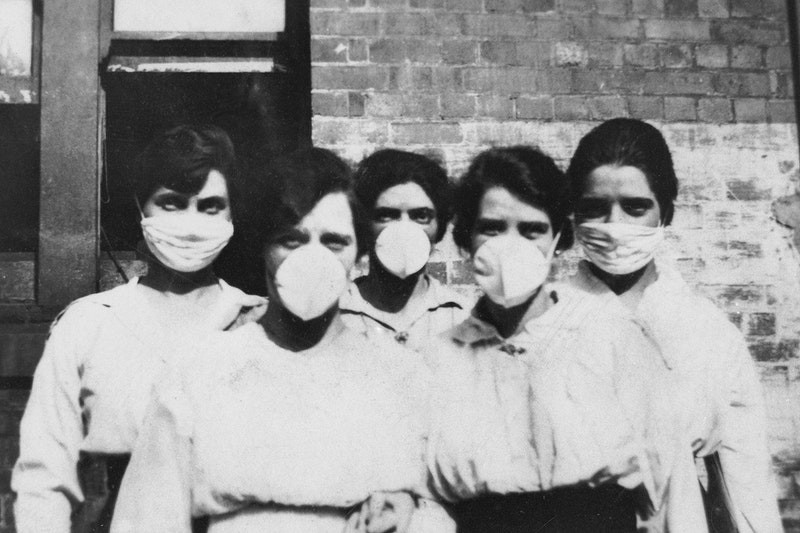The 2 metre social distancing instructions are clearly not appropriate in social care setting and there is no way that workers can adhere to them. Social care is an essential service and there is exemption for workers in social care who need to carry out personal care or in any other way get closer to service users than is being advised as safe by health professionals.
This is causing a lot of stress and anxiety for social care workers who are clearly concerned not only for their own safety and for the safety of their families, but also for the vulnerable service users who they may be infecting during the course of their work.
It’s important to note that while it is not possible for social care workers to maintain a 2 metre distance, nonetheless social care bosses have a duty of care to their staff as well as their service users. Therefore they have a responsibility to minimise risks to staff and to service users as best they can.
- Bosses must carry out a thorough and realistic risk assessment.
- Close contact working and other risky activities in the social care setting need to be minimised and only carried out where essential.
- Social care workplaces must be kept as clean as possible with enhanced cleaning routines in place.
- Infection control is essential and social care workers must be provided with handwashing facilities including soap, hot water and preferably paper towels or another properly hygienic method of drying hands. Alcohol based hand sanitiser should also be available in the workplace.
- And of course, appropriate Personal Protective Equipment (PPE) must be provided for social care workers. Gloves and aprons are standard equipment in social care. However additional PPE is required due to Covid-19.
Recommended_PPE_for_primary_outpatient_and_community_care_by_setting_poster
Regarding PPE – first, social care workers should have access to liquid resistant surgical masks as recommended by health professionals (Type IIR). There is some uncertainty about when social care workers need to wear these masks and the advice has been changing. Until very recently a line was held by health professionals that masks only need to be worn when a service user is symptomatic, ie they have a persistent cough and/or a high temperature. But there seems to be a growing sense that masks should be worn during any contact with a service user.
Second, where a service user seems to be symptomatic a social care worker should be wearing suitable eye protection such as a visor or goggles provided by the boss.
There have been undoubted problems for bosses in sourcing the PPE needed by their workers. However you can’t help but get the feeling that bosses have a strong tendency to do the minimum that is required of them, and are driven by cost constraints rather than by health and safety concerns. We must collectively push them to do more and better than the minimum.
The PPE issue is a stark manifestation of the class struggle between bosses and workers in the social care industry and we must not let the bosses get away with putting service users, social care workers and their families at unnecessary risk.
A strong defence against the virus is solidarity with our workmates. As individuals we are weak, together we are strong. You can take actions to build power in the workplace to challenge bosses’ inaction:
-
Talk to your workmates – discuss with them the issues at hand. Lack of PPE or working too many hours for example. Do you have shared grievances that you can take collective action around?
-
Agree a time to chat with co-workers online or in person where safe to do so. Discuss what actions can be taken such as how to collectively present your demands for better and safer work conditions to your boss.
-
Get in touch with the IWW to get help to organise this.
Cowboy care companies are rampant in the UK, it’s time for health and social care workers to stand up and demand better and safer working conditions.
If you are an IWW member who works in social care and your employer is not meeting their obligations towards you – or if you would like to join the IWW and have us assist you with your workplace issues – please get in touch with us healthworkers [at] iww [dot] org [dot] uk
(article updated on April 7th)
